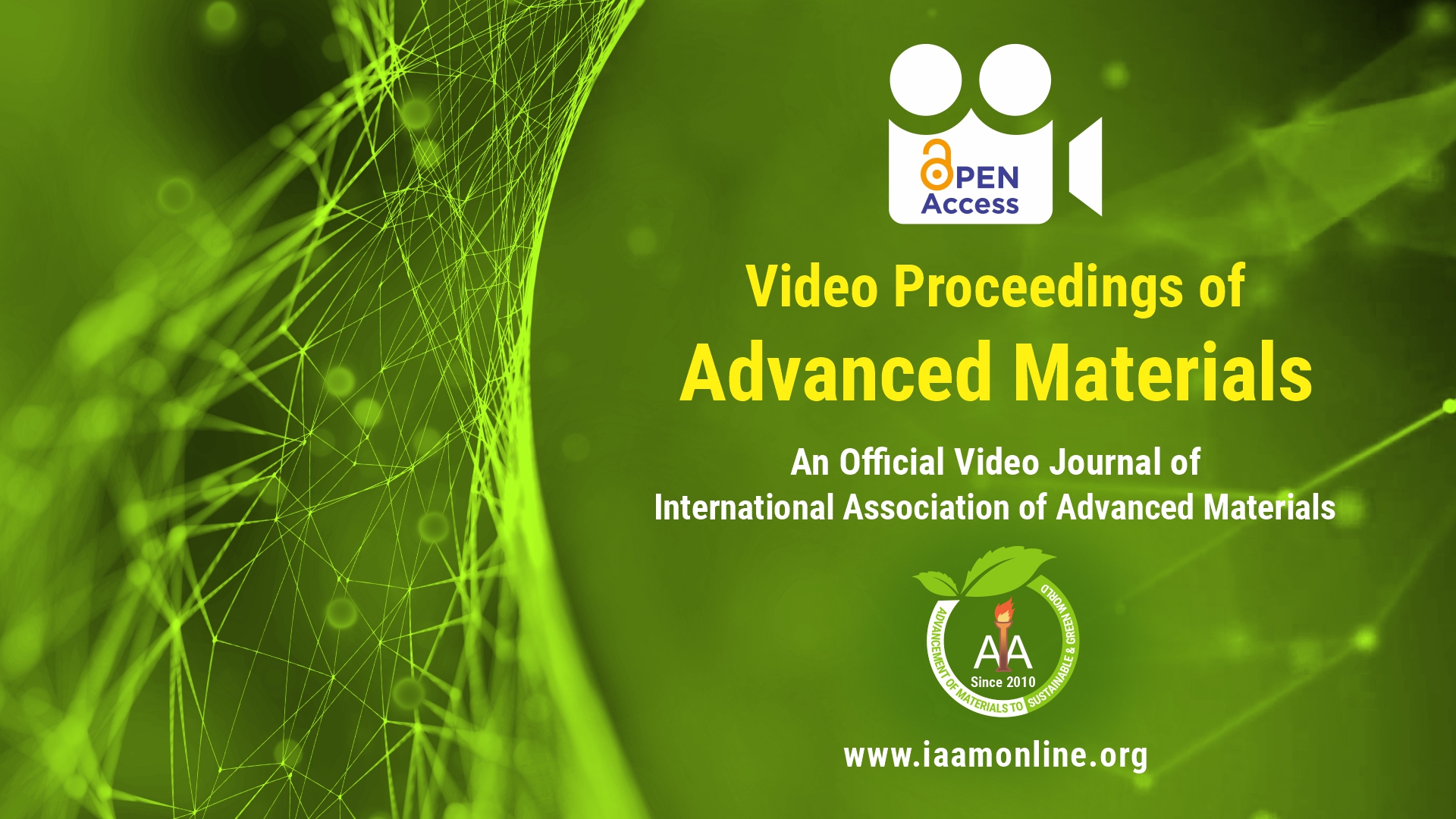Video Article Open Access
NanoEngineering gone #viral: plant virus-based therapeutics
Nicole F. Steinmetz
Department of NanoEngineering and Center for Nano-ImmunoEngineering (nanoIE), University of California-San Diego, USA
Vid. Proc. Adv. Mater., Volume 2, Article ID 2021-02129 (2021)
DOI: 10.5185/vpoam.2021.02129
Publication Date (Web): 27 Mar 2021
Copyright © IAAM
Abstract
Nanoscale engineering is revolutionizing the way we detect, prevent and treat diseases. Viruses are playing a special role in these developments because they can function as prefabricated nanoparticles. We utilize and build-upon the high-precision assemblies of the viral capsids and utilize them as platform technologies, engineered and repurposed for a desired function. More specifically, we turned toward plant viruses as a platform nanotechnology. We have developed a library of plant virus-based nanoparticles and through structure-function studies we are beginning to understand how to tailor these materials appropriately for applications targeting human, veterinary and plant health. Through chemical biology, we have developed virus-based delivery systems carrying medically-relevant cargo enabling tissue-specific imaging and treatment. A particular exciting avenue is the development of plant virus-like particle platforms for cancer immunotherapy. The idea pursued is an ‘in situ vaccination’ to stimulate local and systemic anti-tumor immune responses to treat established disease, and most importantly to induce immune memory to protect patients from outgrowth of metastasis and recurrence of the disease. Another avenue is the repurposing of plant viruses to enable plant health; we employ principles of nanomedicine to target pesticides residing deep in the soil therefore challenging to reach using contemporary pesticides. I will highlight engineering design principles employed to synthesize the next-generation nanotherapeutics using plant virus-based platform technologies, and I will discuss the evaluation of such in preclinical mouse models and canine patients as well as in the agricultural arena.
Biography
Nicole F. Steinmetz is a Professor of NanoEngineering at the University of California, San Diego (07/2018-present) and is the Founding Director of the Center for Nano-ImmunoEngineering (nanoIE). She has Adjunct or Affiliate Appointments as Professor of Radiology, Professor of Bioengineering, Faculty of the Biomedical Science Graduate Program; she is a Member of the NCI-designated Moores Cancer Center, the Vaccine Engineering Center, the Institute for Engineering, the San Diego Center for Precision Immunotherapy, the Center for Drug Discovery and Innovation, and the Institute for Materials Design and Discovery.
Dr. Steinmetz started her independent career at Case Western Reserve University School of Medicine in the Department of Biomedical Engineering, where she was promoted through the ranks of Assistant Professor (10/2010-06/2016), Associate Professor (07/2016-12/2017), Full Professor (01/2018-06/2018). In 2017 she was named the George J. Picha Designated Professor in Biomaterials and Director for the Center for Bio-Nanotechnology.
Dr. Steinmetz trained at The Scripps Research Institute, La Jolla, CA where she was a NIH K99/R00 awardee and AHA post-doctoral fellow (2007-2010); she obtained her PhD in Bionanotechnology from the University of East Anglia where she prepared her dissertation as a Marie Curie Early Stage Training Fellow at the John Innes Centre, Norwich, UK (2004-2007). Her early training was at the RWTH-Aachen University in Germany, where she obtained her Diploma (Masters) in Molecular Biotechnology (2001-2004) after completing her pre-Diploma from the Ruhr University Bochum, Germany (1998-2001).
At UC San Diego; Dr. Steinmetz serves as the Founding Director of the nanoIE Center. Dr. Steinmetz also is a Co-PI of the UC San Diego MRSEC; in the MRSEC she serves as the Co-Lead together with Dr. Pokorski for IRG2 focused on Living Materials. Dr. Steinmetz is a standing member of the NIH Nanotechnology study section. She serves on the Editorial Board of Wiley Interdisciplinary Reviews (WIREs) on Nanomedicine and Nanobiotechnology; she serves on the Advisory Editorial Board for the ACS journal Molecular Pharmaceutics and RSC Journal of Materials Chemistry B. Dr. Steinmetz has chaired symposia at American Chemical Society, Materials Research Society, and Foundations of Nanosciences; and she served as Chair of the Gordon Conference of Physical Virology (2015).
Dr. Steinmetz has authored more than 180 peer-reviewed journal articles, reviews, book chapters, and patents; she has authored and edited books on Virus-based nanotechnology. Research in the Steinmetz Lab is and has been funded through grants from federal agencies, including National Institute of Health, National Science Foundation (including an NSF CAREER), US Department of Agriculture (NIFA), and Department of Defense (CDMRP), as well as private foundations, including Susan G. Komen Foundation, American Cancer Society, and American Heart Association. Over the past 10 years, Dr. Steinmetz has been awarded grants as PI and Co-PI totaling $41+ million in total costs.
Dr. Steinmetz’s teaching philosophy was shaped during her time as a high-level athlete competing for the German National Team in Artistic Roller Figure Skating; her goal is to teach students to be fearless when approaching experimental challenges, learning difficult techniques, or presenting their results in front of their peers, and to always stand up and try again until they succeed.
Video Proceedings of Advanced Materials

Upcoming Congress



